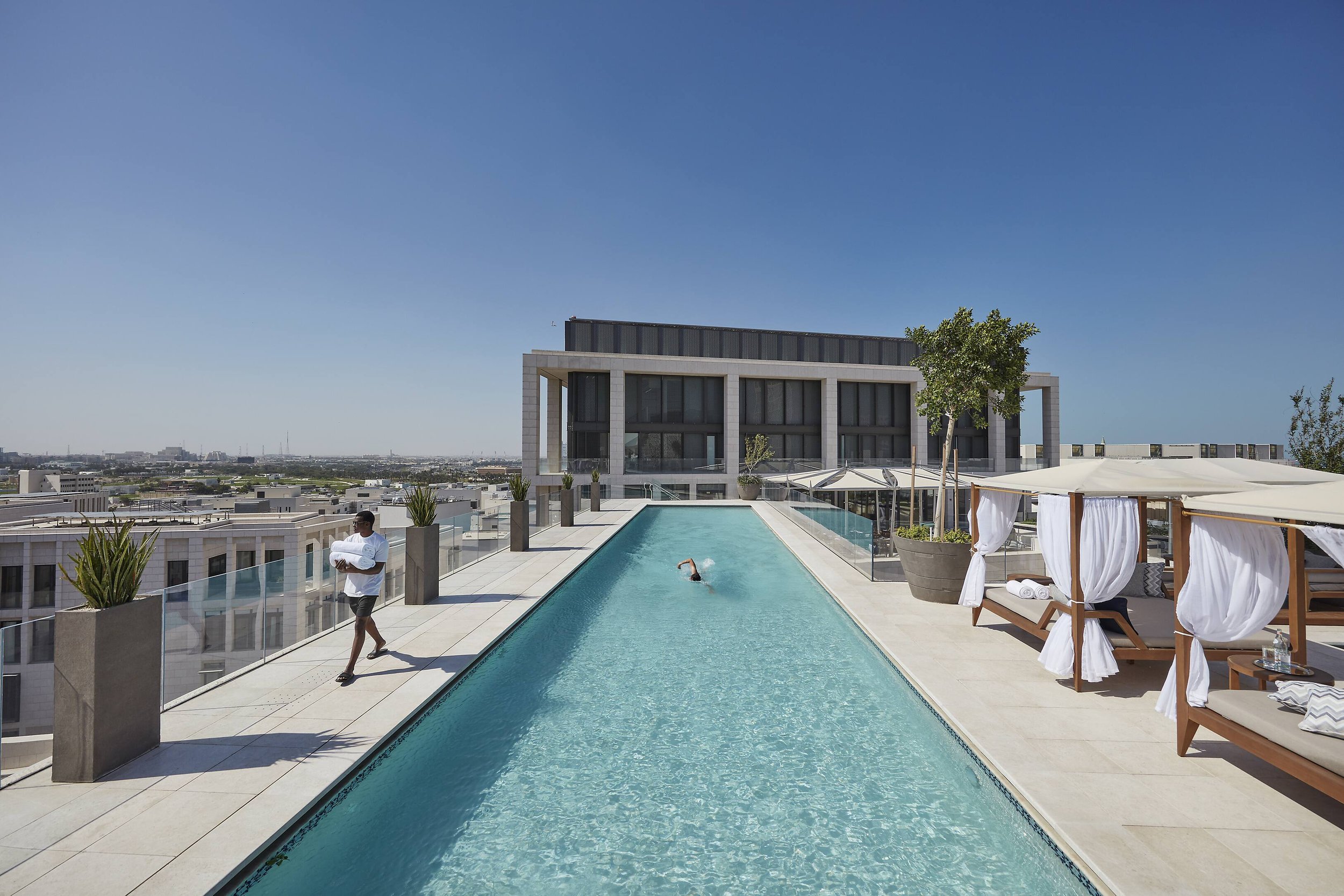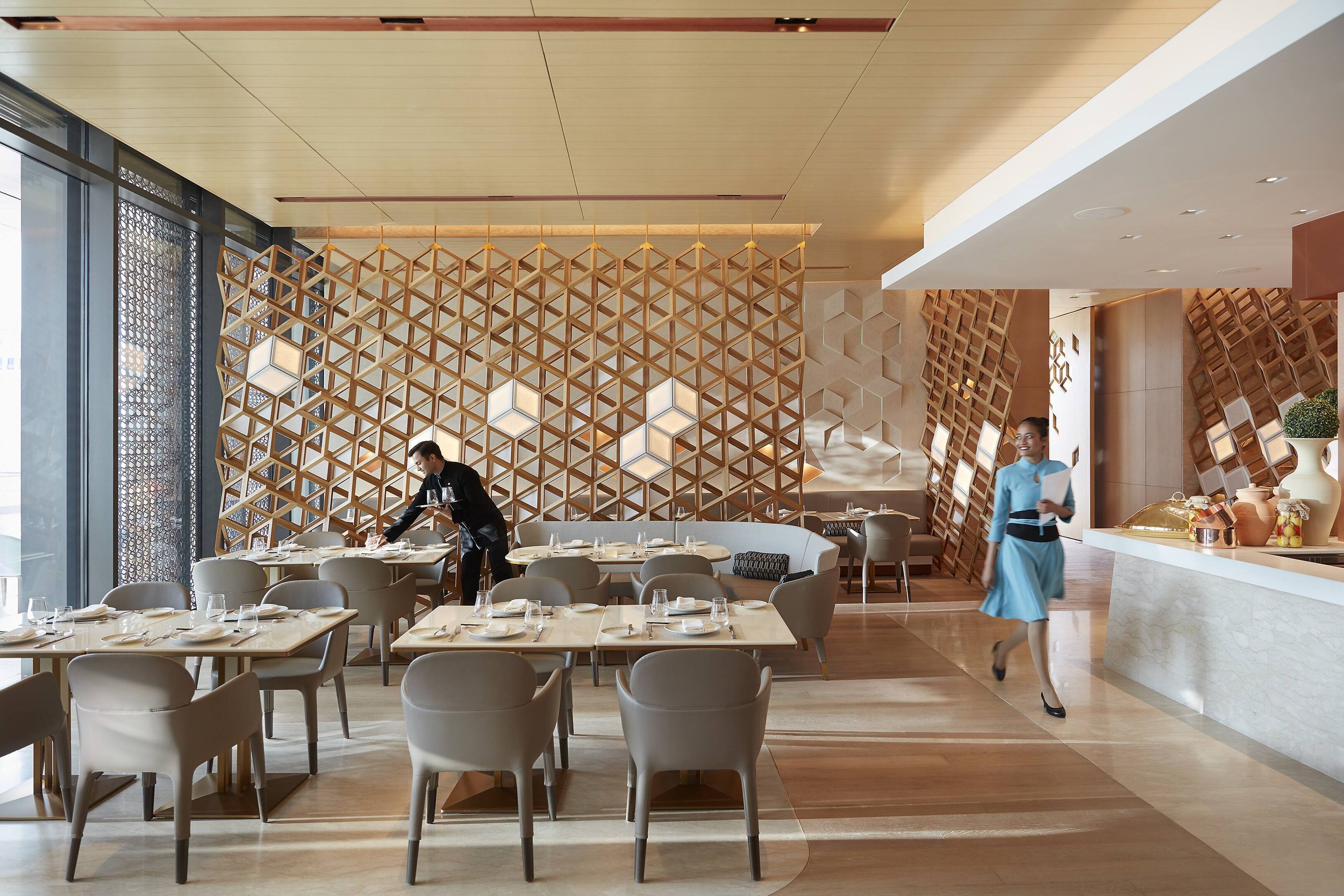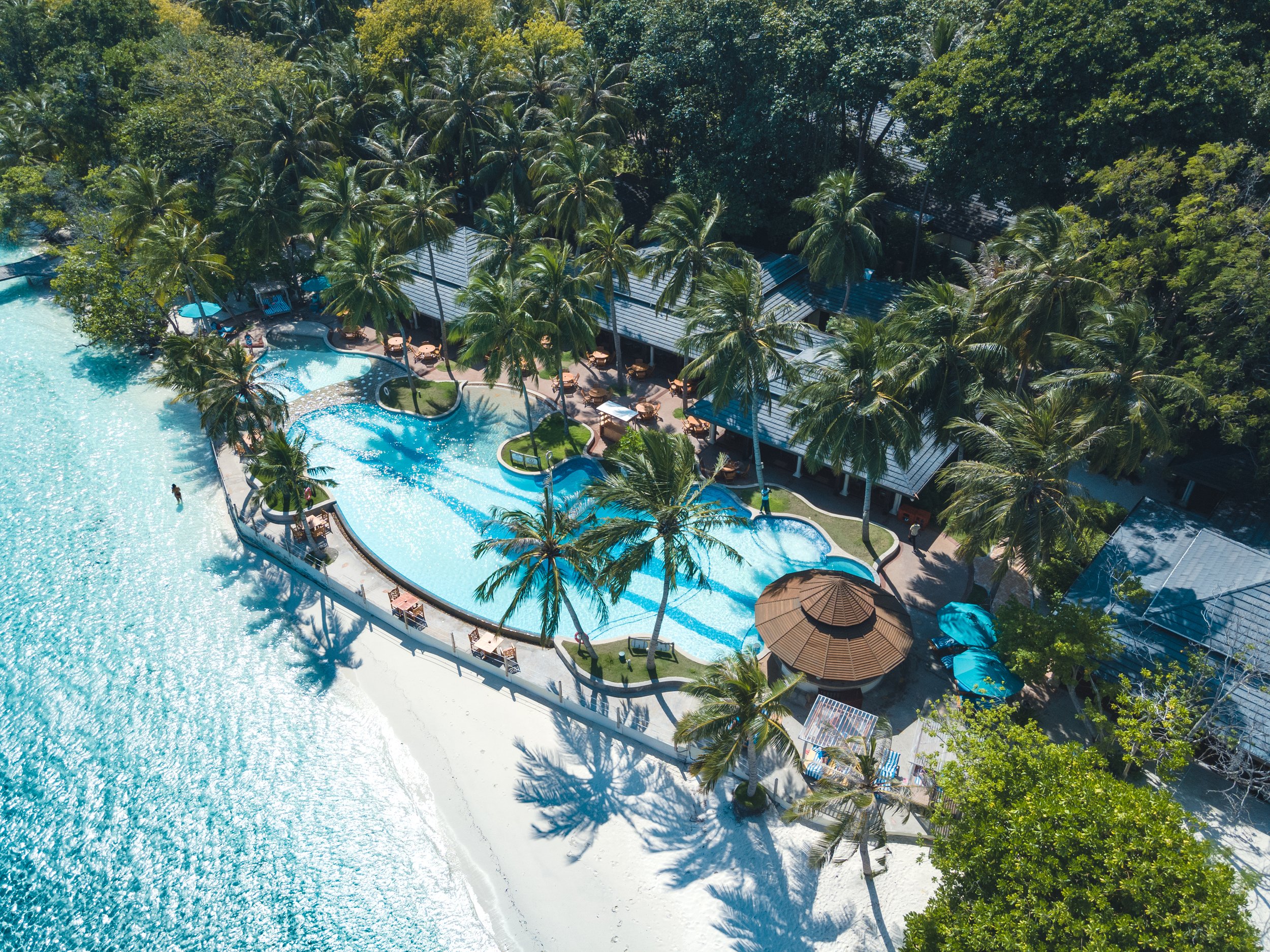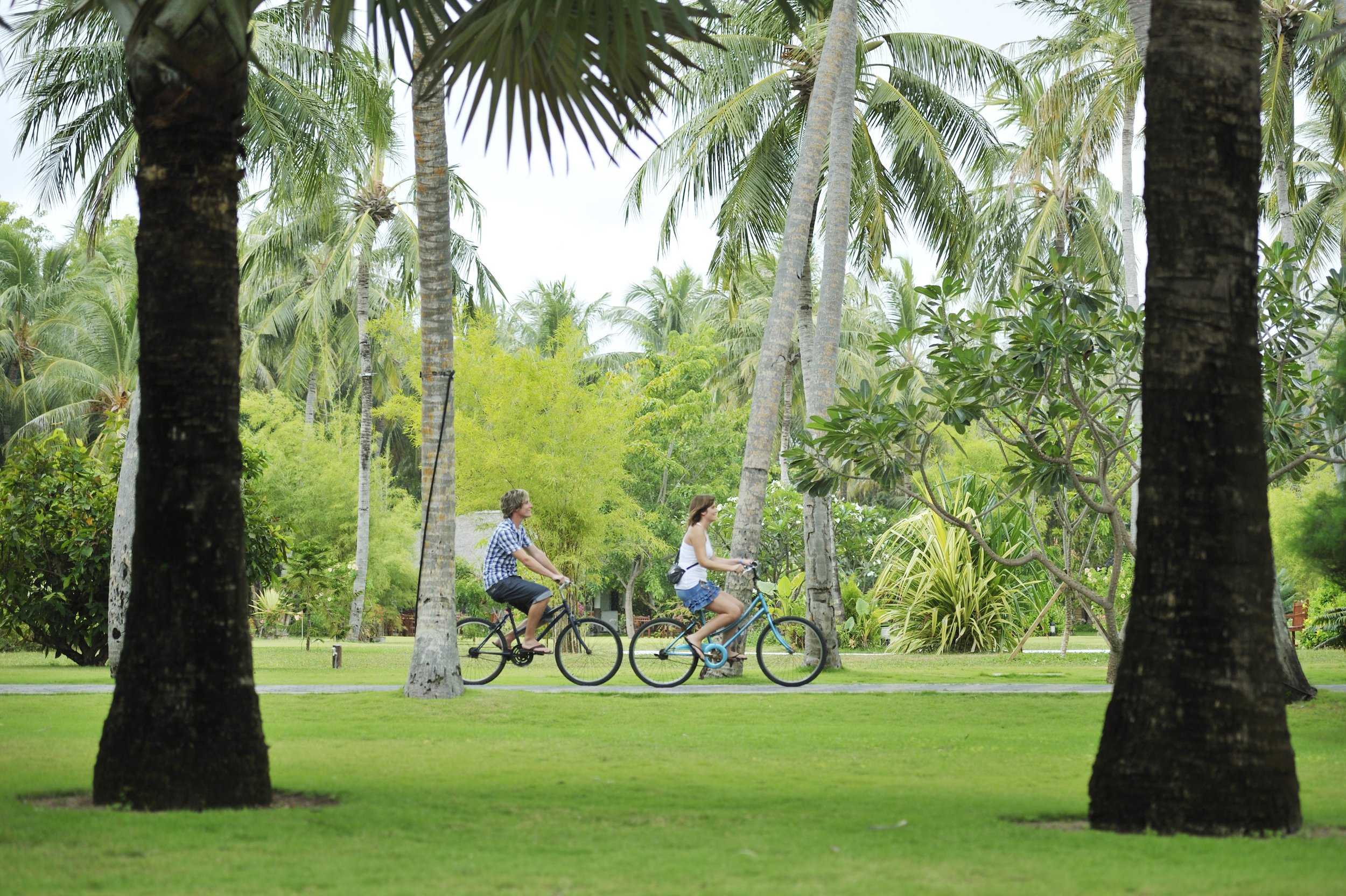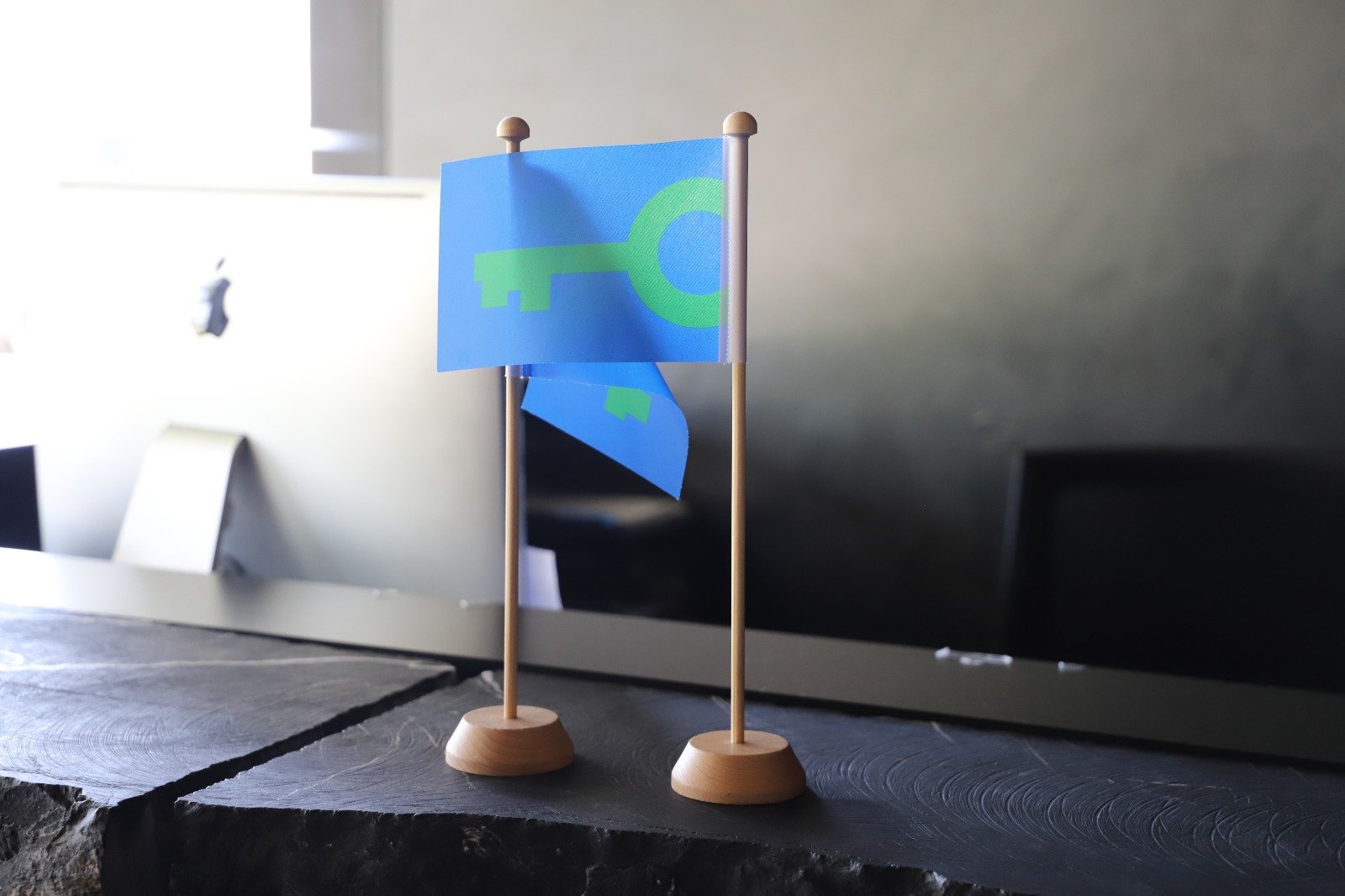Green Key’s corporate partner Purezza Premium Water has signed a global partnership agreement with one of the world-leading hotel groups in hospitality, Accor, which wishes to adopt more sustainable water consumption solutions.
The hospitality industry historically has had a dramatic impact on the environment, which has led to many hotel groups adopting sustainable practices and aligning them with their operations. One of the most effective actions that hotel groups can take is to reduce their consumption of single-use materials and products, such as plastic bottles.
As a global provider of freshly dispensed drinking water solutions that has direct supply and distribution in more than 60 countries, Green Key’s corporate partner, Purezza Premium Water, has played an important role in helping tourism businesses to adopt more sustainable water dispensing solutions, as well as reusable bottles. By making simple choices regarding guests’ and staff’s water consumption, hotels can reduce their negative impacts on the environment and save on delivery costs.
With over 5,000 hotels around the world, Accor is one of those hotel groups that have built a strategy around sustainability to include initiatives which aim to reduce the negative impacts on the environment. A top priority for Accor is to remove single-use packaging from its hotels and this includes single-use bottled water. The hotel’s chain has now chosen Green Key’s partner Purezza Premium Water as a preferred global supplier to assist them in removing single-use bottled water from the supply chains of their hotels.
Purezza provides water dispensers, which filter tap water, as well as reusable, glass branded bottles, in still and sparkling variants. By switching to this alternative solution, a hotel can remove hundreds of thousands of single-use plastic water bottles from all areas of their hotel operations every year!
Scott Mitchell, Global Head of Purezza Premium Water, says: “We are pleased to be partnering with Accor and supporting them in their sustainability initiatives. Our shared goals of eliminating single-use packaging and reducing waste complements our strategic partnership.”
As consumers continue to actively select their accommodation based on the sustainability practices and performance of the properties, it is essential for hotels to build a strategy around sustainability and partner with sustainability-minded suppliers.
To learn more about Purezza Premium Water solutions, visit their website here.



